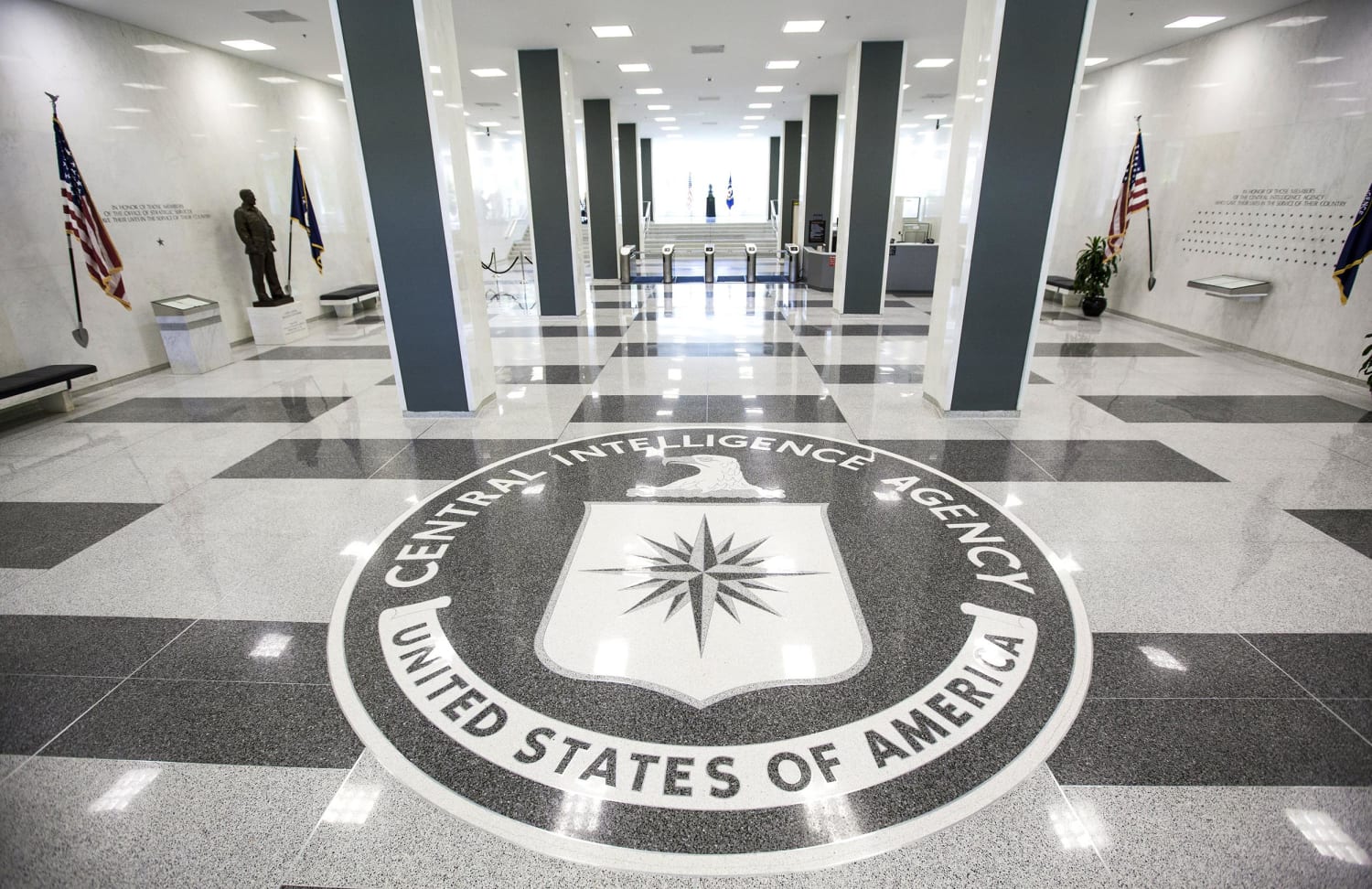December 10, 2014

One of the most common and most understandable reactions to the Senate’s “torture report” is that the practices described by Dianne Feinstein’s investigators are contrary to “American values.” On a certain level the assertion is undeniable: torture (and that’s what the “enhanced interrogation techniques” amount to, even if it is not torture as heinous as that routinely practiced by dictatorships) is definitely not an “American value.” But what about incinerating civilians? Is that an “American value”?
The reality is that the U.S. has often done things in the past that, looked at in another light, could be judged as immoral acts or even war crimes. Exhibit A is the strategic bombing of Germany and Japan in World War II which culminated in the atomic bombing of Hiroshima and Nagasaki. The two atom bombs killed an estimated 190,000 civilians. The non-nuclear bombing of Japan killed at least 330,000 more. That’s more than half a million dead civilians in Japan alone. The toll was not as high in Germany but it was high enough. One bombing raid alone, on Dresden, killed between 25,000 to 40,000 people. The total number of Germans killed in Anglo-American bombing raids has been estimated at over 300,000.
It would be interesting to know what those who now decry the torture of terrorist suspects have to say about the deaths of some 800,000 people, mostly civilians, in these World War II bombing raids. Were Franklin Roosevelt and Harry Truman, the presidents who ordered these bombing campaigns, war criminals? And if not how can one argue, a so many on the left seem to, that George W. Bush is?
This is not purely a historical debate either. Although Barack Obama shut down the “enhanced interrogation” program (or, more accurately, continued the shutdown which had already been ordered by Bush in his second term), he has stepped up drone strikes in countries from Pakistan to Yemen. By one estimate: “the United States has now conducted 500 targeted killings (approximately 98 percent of them with drones), which have killed an estimated 3,674 people, including 473 civilians. Fifty of these were authorized by President George W. Bush, 450 and counting by President Obama.”
Note that there was no judicial review before any of these attacks, nor should there have been. They were purely executive decisions made by President Obama and they resulted, by this estimate, in the deaths of some 473 civilians. Is that OK but the use of coercive interrogation techniques is not? That’s a good question for a college class on the ethics of war. At the very least it’s not an easy question to answer, and it’s one that those who are outraged by the CIA’s interrogation program should grapple with.
I tend to agree that we should not torture, but I am honest enough to admit there are circumstances–for example preventing an imminent, mass casualty attack on the American homeland–when a president may well be right to decide that repugnant measures are necessary to save large numbers of innocent lives. I am also troubled, by the way, by the strategic bombing campaign of World War II, but I am not arrogant enough to second-guess the decision makers at the time who thought that such steps were necessary to defeat the evils of Nazism and fascism. If you think the atomic bombing of Japan was wrong, try reading Paul Fussell’s wonderful essay, “Thank God for the Atomic Bomb,” whose sentiments have been echoed by every World War II vet I have ever spoken to.
It would be nice, but unlikely, if all of those preening about how awful torture is would stop for a minute to wrestle seriously with these complicated moral dilemmas. Try to place yourselves in the shoes of a Truman or a Bush and ask what you would do when you felt that the only way to effectively protect the United States was to use methods that one’s critics could denounce as barbaric. And try to place yourselves in the shoes of a future president who may well have to grapple with such dilemmas while trying to avoid a WMD attack on the American homeland that would make Pearl Harbor and 9/11 combined look like a Sunday picnic by comparison.
But of course it’s much easier to simply flay Bush, Cheney, and the CIA as latter-day Nazis. All of this reminds me of nothing so much as the pacifists of World War II who were “advocating,” as George Orwell once put it, “non-resistance behind the guns of the American Fleet”–or in this case behind the CIA’s Counterterrorism Center.

No comments:
Post a Comment